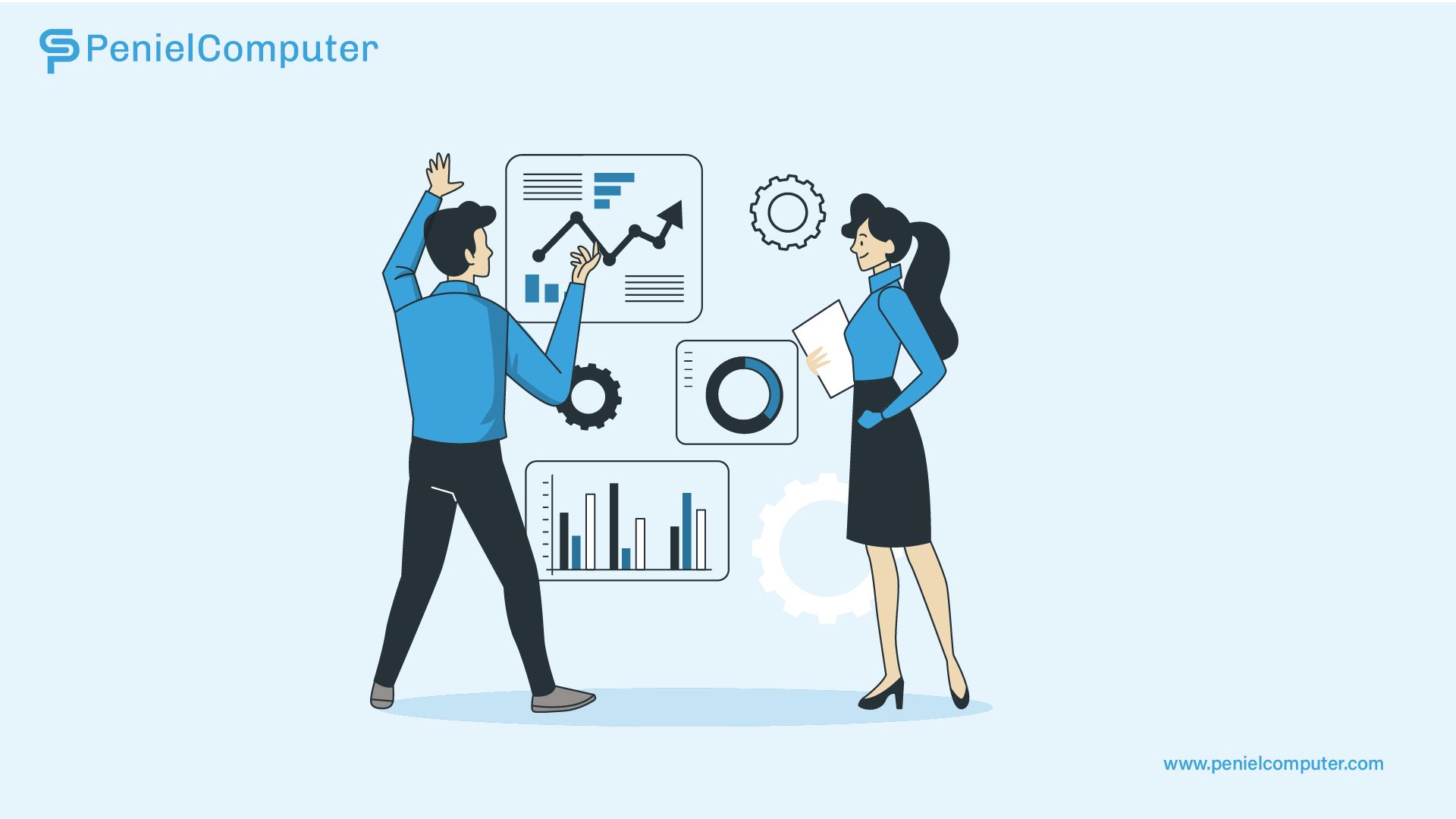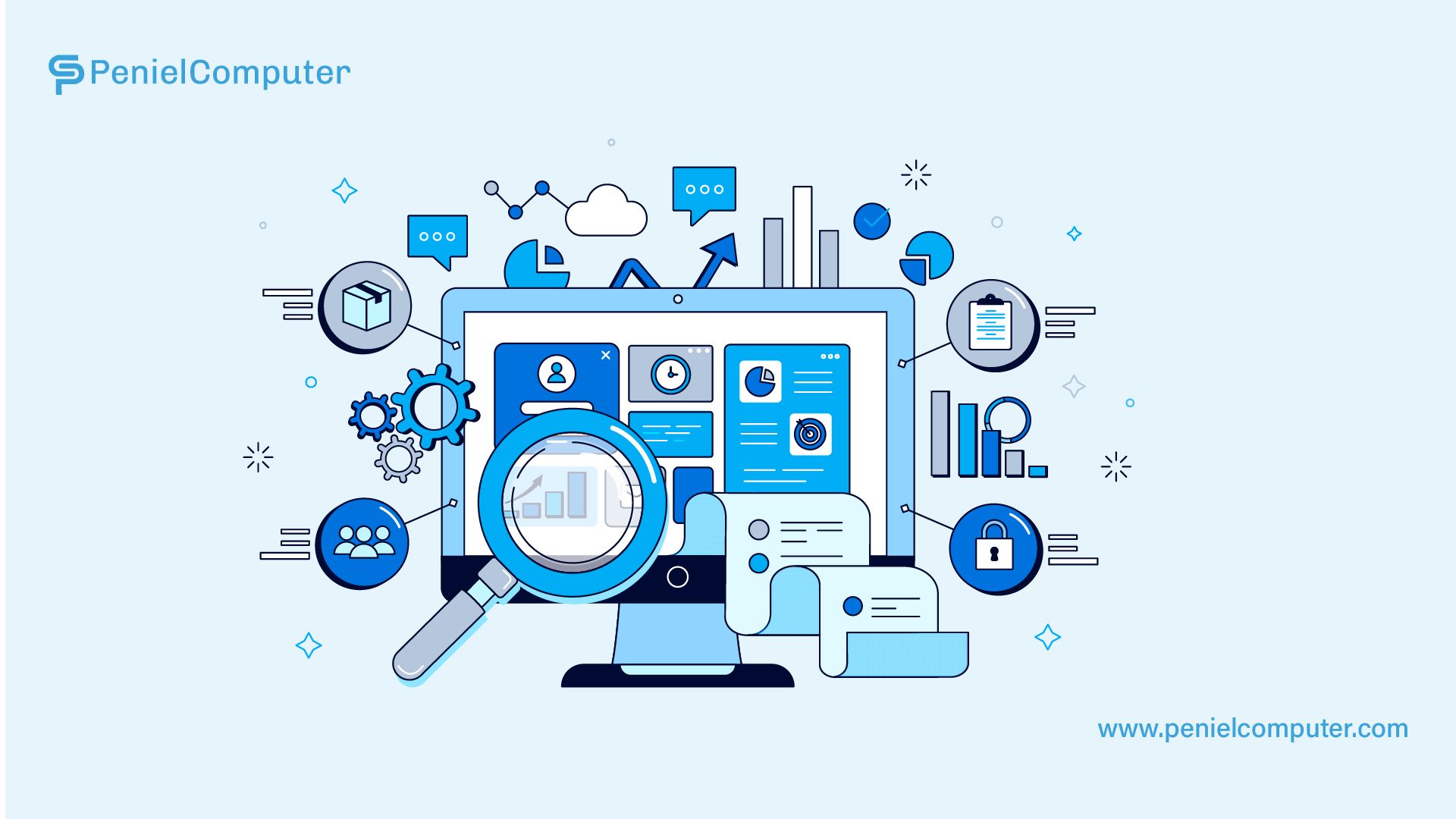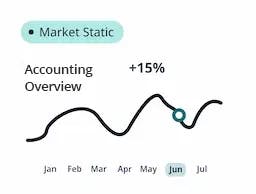
Admin
2024-01-16

Performance management is a critical process that aligns employee performance with organizational goals and drives overall success. To effectively manage and enhance performance, organizations can leverage Human Resource Management System (HRMS) software. In this blog post, we will explore the top nine principles of performance management and how HRMS software can support and streamline these practices. By embracing these principles and leveraging technology, organizations can optimize performance, boost employee engagement, and achieve their strategic objectives.
Contact us?
What is Performance Management?
Firstly, Performance management is an ongoing, iterative process that aids in raising employee productivity and contentment through goal-setting, planning, monitoring, reviewing, and rewarding.
So, Performance management is one of the most significant aspects of HR activities. Over time, a more efficient performance management cycle replaced annual performance reviews. The disruptions at work also caused changes in performance management, which enhanced the need for improvement in the areas of teamwork, honest communication, and reliable feedback.
Employees perform better, feel comfortable conversing with peers and superiors, and their careers progress continuously.
OKRs, also known as objectives and key results, are used to evaluate performance management. Managers and employees set goals and objectives during frequent check-ins that monitor and promote growth. Any barriers and blockages are swiftly removed, enabling the team to generate quick solutions.
Why does Performance Management important?
Every organization, regardless of size, has to understand what its employees are doing, how they are doing it, and why.
Without a structure in place to outline roles, understand individual strengths and limitations, provide constructive criticism, launch interventions, and recognize good behavior, it is far more difficult for managers to effectively lead their workforce.
Smart companies blend performance management with their approach to incentive management. Due to their many similarities—from defining roles and setting goals to evaluating and rewarding employee behavior—the two systems complement one another very effectively. Utilizing incentive management also guarantees proper execution of the critical performance management "reward" stage.
Thus, every organization must have a talent management strategy. There are three key issues that organizations deal with:
- keeping workers interested
- keeping talent and
- cultivating internal leaders
Performance management effectively addresses these problems.
What are the top 9 principles of performance management?
- Clear Goal Setting
Firstly, clear goal setting is the foundation of effective performance management. It involves setting specific, measurable, achievable, relevant, and time-bound (SMART) goals for individuals and teams. HRMS software provides a platform to define and communicate goals, track progress, and provide ongoing feedback to ensure alignment and clarity.
- Continuous Feedback and Coaching
Secondly, continuous feedback and coaching are essential for employee development and performance improvement. HRMS enables real-time feedback exchanges between managers and employees, facilitating ongoing coaching conversations and fostering a culture of growth and improvement.
- Performance Evaluation and Assessment
Thirdly, regular performance evaluations and assessments provide a structured framework for measuring employee performance against established goals and expectations. HRMS software streamlines the evaluation process, automating performance review cycles, and providing a centralized platform for documentation and reporting.
- Competency Mapping and Development
Another key point is competency mapping identifies the knowledge, skills, and behaviors required for successful job performance. HRMS software can assist in mapping competencies to job roles, tracking employee proficiency, and recommending targeted development opportunities to bridge skill gaps.
- Individual Development Planning
Individual development planning ensures employees have a clear roadmap for their professional growth. HRMS software additionally allows employees and managers to collaboratively create and track development plans, set milestones, and access learning resources to support skill enhancement and career progression.
- Performance Recognition and Rewards
Recognizing and rewarding exceptional performance is crucial for employee motivation and engagement. HRMS solution provides tools for implementing performance-based reward systems, automating recognition programs, and ensuring fairness and transparency in the reward process.
- Performance Improvement Plans
A systematic performance improvement plan (PIP) can assist employees in getting back on track when performance is below expectations. HRMS software aids in documenting PIPs, tracking progress, and providing support resources to help employees meet performance targets.
- Data Analytics and Insights
Data analytics plays a vital role in performance management, providing valuable insights for decision-making and identifying trends or patterns. HRMS software leverages analytics capabilities to generate reports, dashboards, and metrics that enable data-driven performance assessments and strategic planning.
- Integration with Learning and Development
Finally, Integration between performance management and learning and development initiatives ensures a holistic approach to employee growth. HRMS software facilitates seamless integration by linking performance data with learning management systems, enabling targeted training and development interventions based on performance gaps.
The Bottom Line
In conclusion, effective performance management is crucial for maximizing employee potential and achieving organizational success. Embrace these principles, harness the power of technology, and unlock the full potential of your workforce.
Certainly, Performance management is a strategy your company uses to encourage and support staff in achieving objectives that are consistent with the mission and goals of the entire organization. Employees that are in line with the larger vision positively integrate into the team and the organization, setting the foundation for a robust corporate culture.
So, your team can produce customized HR materials with Elate HRMS to utilize with your performance management software. You can also find performance review templates for various capacities, including self-review, team, quarterly, and yearly, in the Elate HRMS template gallery for HR documentation. Using specific Elate HRMS workspaces, folders, and branded templates, create a comprehensive HR digital document stack.
In short, utilize all the capabilities on your dashboard to enhance your performance management with Elate HRMS. Give your HR team the tools they need to produce impactful branded materials. Indeed, Performance management and how your organization approaches it for the benefit of all stakeholders will play a significant role in the future of work.
Latest News
From Our blog and Event fanpage




